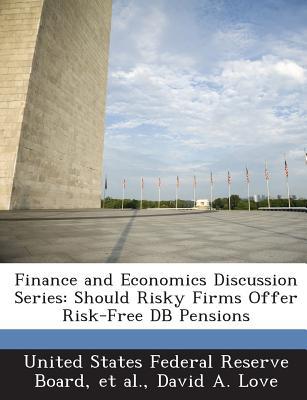Question
1. Since the expected inflation rate is one factor that affects interest rates, a large increase in expected inflation would normally lead to lower interest
1. Since the expected inflation rate is one factor that affects interest rates, a large increase in expected inflation would normally lead to lower interest rates.
A. True
B. False
2. Assume that you are a consultant to a company, and you have the following information: expected dividend at the end of the current year (D1) = $0.67; current stock price = $45.00; and constant annual growth rate = 8.00%. What is the estimated cost of equity based on the discounted cash flow (DCF) constant growth model?
A. 7.59%
B. 9.49%
C. 11.10%
D. 10.15%
E. 8.63%
3. Exchange rate risk is the risk that the cash flows from a foreign project, when converted to the parent company's currency, will be worth less than originally projected because of exchange rate changes.
A. True
B. False
4. A company expects sales to increase during the coming year, and it uses the additional funds needed (AFN) equation to forecast the additional capital that will be needed. Which of the following conditions would cause the AFN to increase (assume everything else remains unchanged)?
A. The company reduces the fixed assets needed for a given level of sales.
B. The company increases its dividend payout ratio.
C. The company pays employees monthly rather than weekly.
D. The companys profit margin increases.
E. The company reduces its inventories through better management.
Step by Step Solution
There are 3 Steps involved in it
Step: 1

Get Instant Access to Expert-Tailored Solutions
See step-by-step solutions with expert insights and AI powered tools for academic success
Step: 2

Step: 3

Ace Your Homework with AI
Get the answers you need in no time with our AI-driven, step-by-step assistance
Get Started


